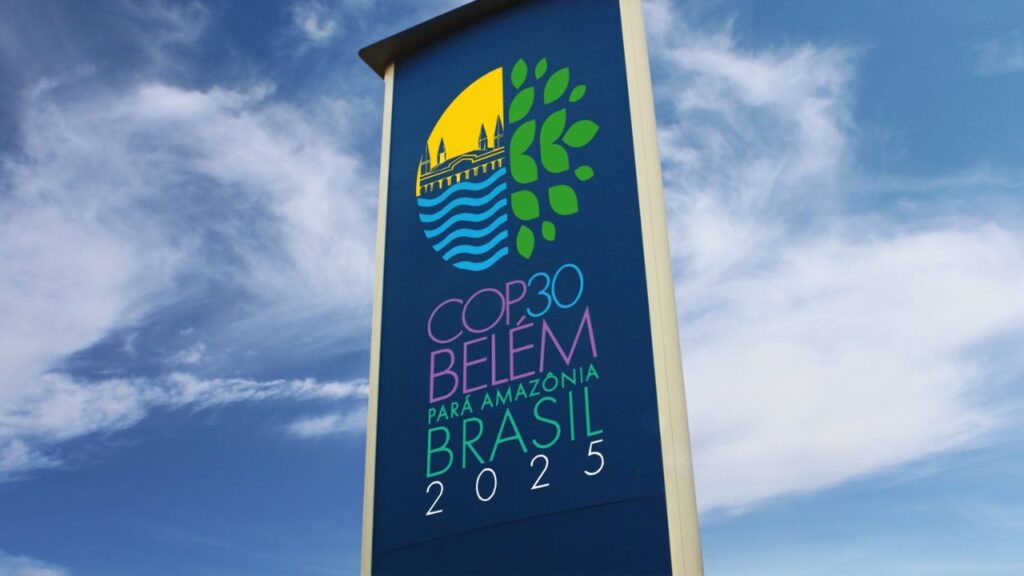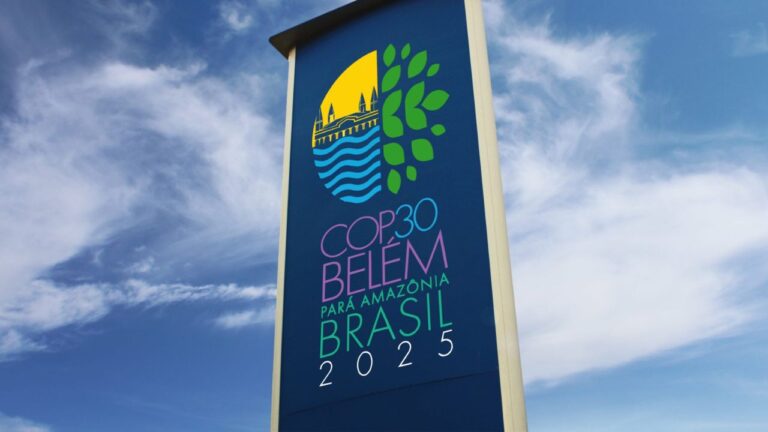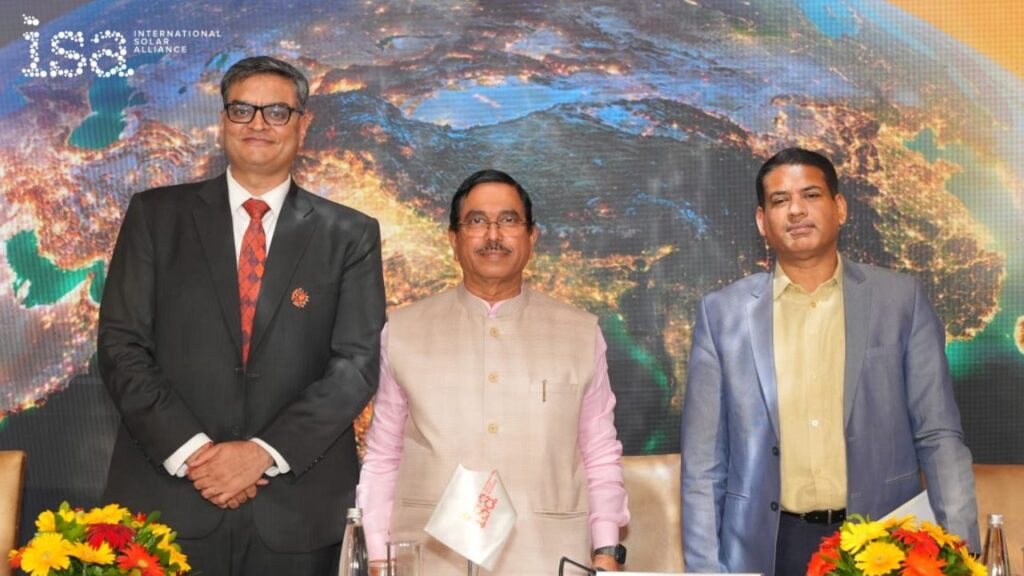As the world turns its attention to Belem, Brazil, for the 30th United Nations Climate Change Conference (COP30), the event stands as a poignant symbol of the global climate crisis. The summit will be held in the Brazilian Amazon, a region essential to balance the planet, and marks the first time a COP has been held in a rainforest. While this decision positions Brazil as an international leader, their decision of approving an oil exploration in the same area says otherwise.
The government of President Luiz Incio Lula da Silva green lit an exploratory drilling by state-run oil-giant Petrobas near the coast of Amazon river – a sensitive ecosystem. The Equatorial Margin, a vast offshore area extending from Brazil’s border with Suriname to the country’s northeastern coast, is believed to hold significant reserves of oil and gas.
Environmental activists and experts have cited that potential risk of leaks may damage the pristine biodiversity that exists there. Just prior to that, it was reported that Petrobras was already facing escalating costs of about 180 million reais (around US$33.7 million) for keeping a drillship on standby in the basin while awaiting regulatory approval.
Crucially, the timing of the license has drawn sharp criticism. Campaigners argue that granting a new fossil-fuel frontier licence just weeks ahead of COP30 undermines Brazil’s credibility in urging a global transition away from fossil fuels.
A recent survey by Reuters in September revealed that 61% of respondents oppose offshore oil exploration in the Foz do Amazonas basin, with opposition strongest among young people aged 16-24 (73%). Despite President Silva’s stance as a climate advocate, he has not ruled out the exploration, and has defended Brazil’s right to assess its resources.
The question is: What is at stake?
The Amazon is not just a forest, it is a global carbon sink which is home to a rich variety of flora and fauna. Approving drilling in such an area has ecological risk and may cause disbalance in climate regulation. COP30 will see countries present climate targets and evaluate progress. The United Nations Framework Convention on Climate Change (UNFCCC) has said if nations carry out their plan on tackling climate change, then global emissions could start to fall by 10 % by 2035. The projected cut falls short of the 60% target required to limit global warming at 1.5 degrees celsius.
“It’s now for COP30 and for the world to respond and show how we are going to speed up,” said UNFCCC Executive Secretary Simon Stiell in a statement.
Climate change, deforestation, and public health are interconnected. The question of who benefits, who bears the risk, and whose voices are heard is pivotal.
Suely Araújo, a coordinator at the Climate Observatory, a network of environmental nonprofit groups, said Brazil’s government “acts against humanity by stimulating more expansion of fossil (fuels), and betting on more global warming.”
“It also harms COP30 itself, whose most important delivery needs to be the gradual elimination of fossil fuels,” Araújo said in a statement.
Brazil’s hosting of COP30 in the Amazon region places it at a unique junction. On one side lies immense promise: leading global climate talks, centring one of the planet’s most vital biomes, and potentially charting a new pathway for forest protection and climate justice. On the other side lies real tension: continuing expansion of fossil-fuel exploration in an ecologically sensitive area, public dissent, and demands for consistency between commitments and actions.
The month of November will be packed with important debates and discussions. The world will be watching whether people and ecosystems are not merely treated as a backdrop, but as central to the future of climate policy.
















